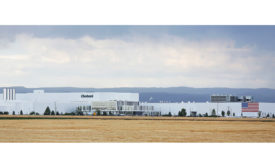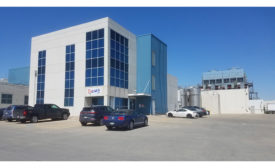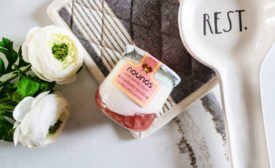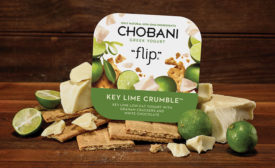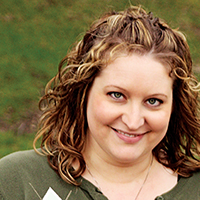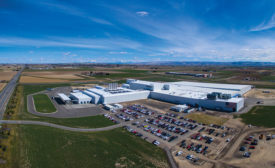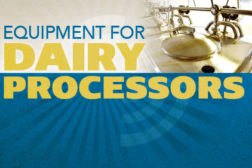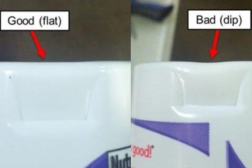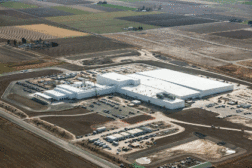Home » Keywords: » yogurt processing
Items Tagged with 'yogurt processing'
ARTICLES
Membrane technology solutions align with yogurt purchasing trends.
Read More
2020 Processor of the Year: Chobani is doing all the right things
Our Processor of the Year understands that doing well and doing good are not mutually exclusive.
December 4, 2020
LALA U.S. Omaha plant is a steward of the LALA brand
With an emphasis on technology improvements, safety and team engagement, LALA U.S.’s Omaha, Neb., processing facility is able to maintain the high quality standards of its flagship LALA brand.
June 12, 2020
Case Study
Nounós Creamery uses demand-forecasting platform to improve production process
Crisp’s platform helps the company create a more profitable, efficient process.
May 5, 2020
Chobani's way means making better food for more people
The Greek yogurt company stays true to its values: making quality and accessible food, and being committed to its people and the community.
June 2, 2017
Inside the yogurt plant: Chobani looms large in Magic Valley
The Greek yogurt company has created the largest yogurt making facility in the world in Twin Falls, Idaho. Its presence there has created other food-related jobs and has left a positive mark on its community.
May 31, 2017
Body building
How to fix 5 common defects in yogurt processing
While manufacturing yogurt, dairy processors often encounter grainy texture, too-tart flavor, weak body or syneresis. Here’s how to fix these common defects in yogurt
July 12, 2016
Valve technology
How mix-proof valves help Wallaby Yogurt save costs
SPX PMO-compliant mix proof valves reduced installation requirements and the amount of equipment to be cleaned, inspected and maintained.
December 23, 2014
Good cup, bad cup
Yogurt maker turns to vision system to eliminate leakers, dented cups
The ThermoChecker inspects the surface of 600 cups per minute, every 3 degrees, within 30 milliseconds.
July 10, 2014
What Chobani & Glanbia know
Idaho: Famous for Potatoes. Famous for Milk & Cheese
A massive amount of milk is produced in southern Idaho. It's turned into cheese, yogurt and other products.
March 28, 2014
Stay ahead of the curve. Unlock a dose of cutting-edge insights.
Receive our premium content directly to your inbox.
SIGN-UP TODAYCopyright ©2025. All Rights Reserved BNP Media.
Design, CMS, Hosting & Web Development :: ePublishing


